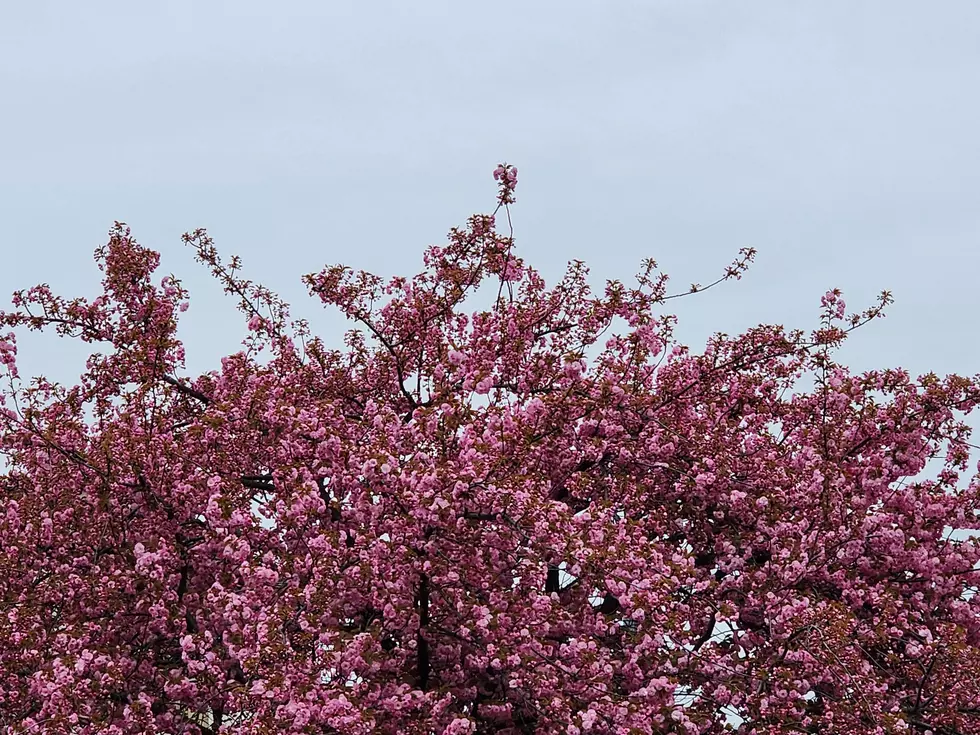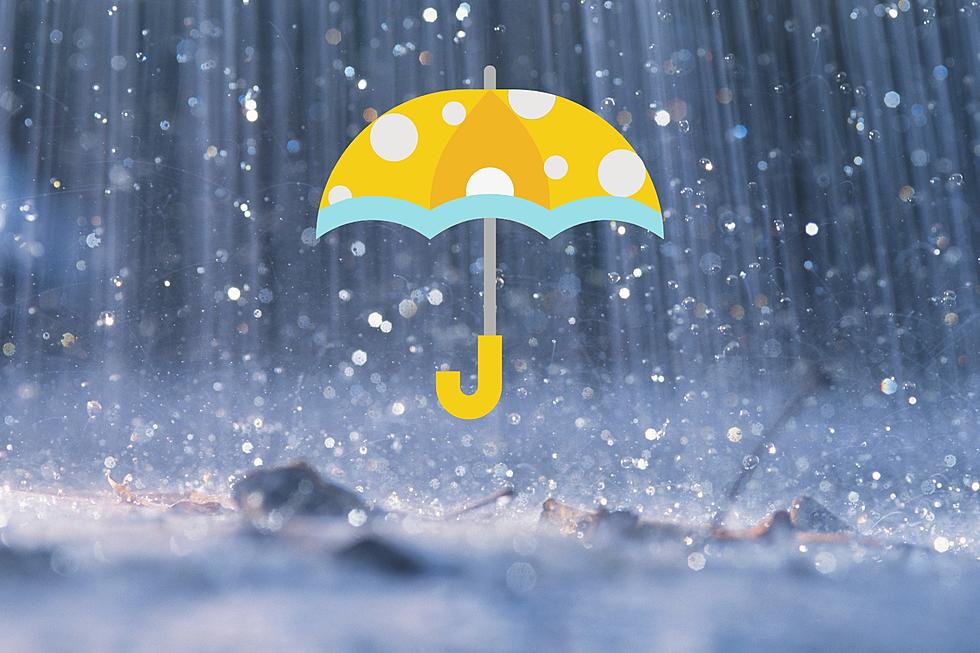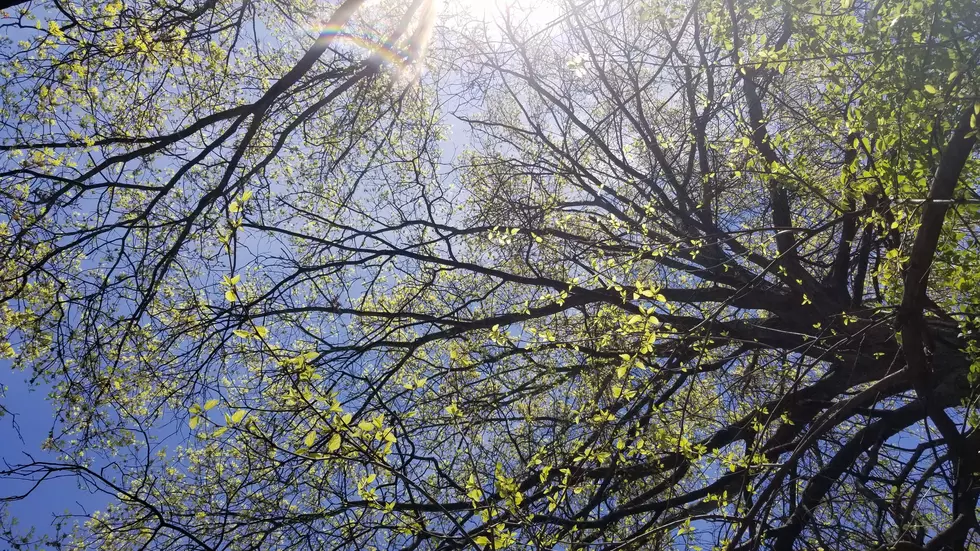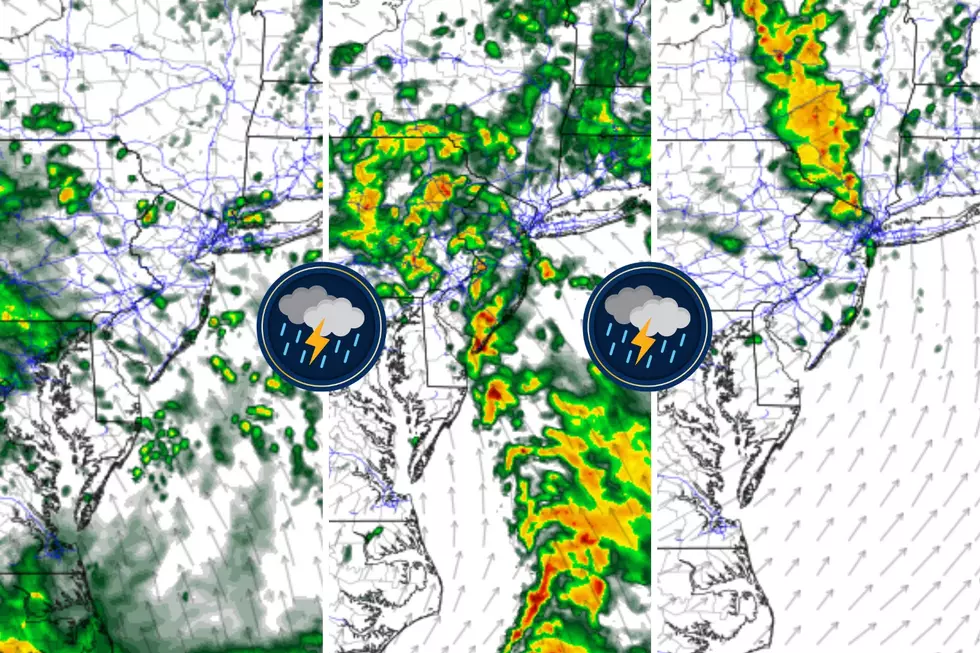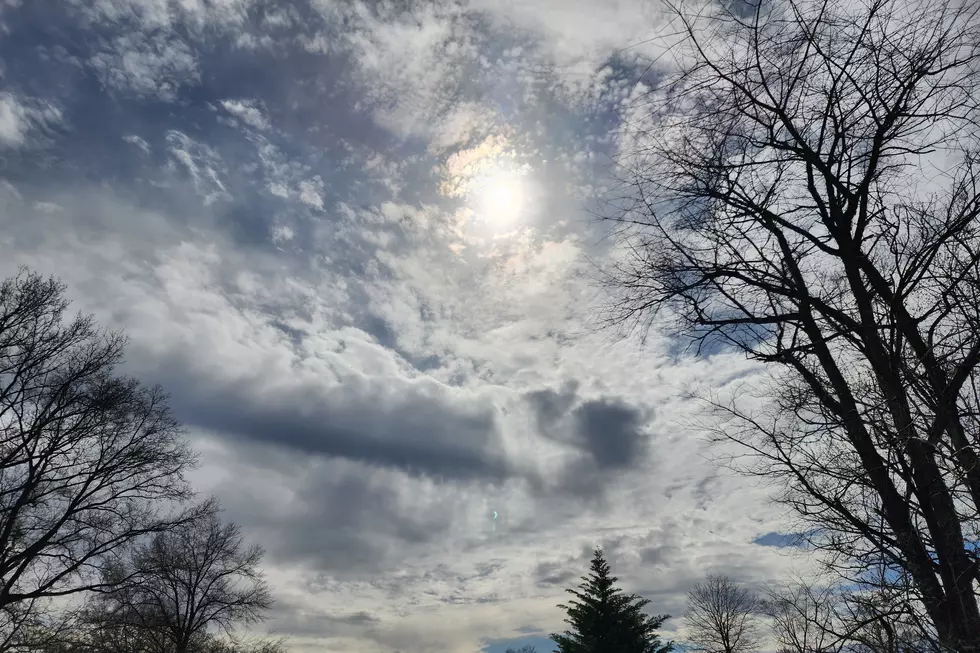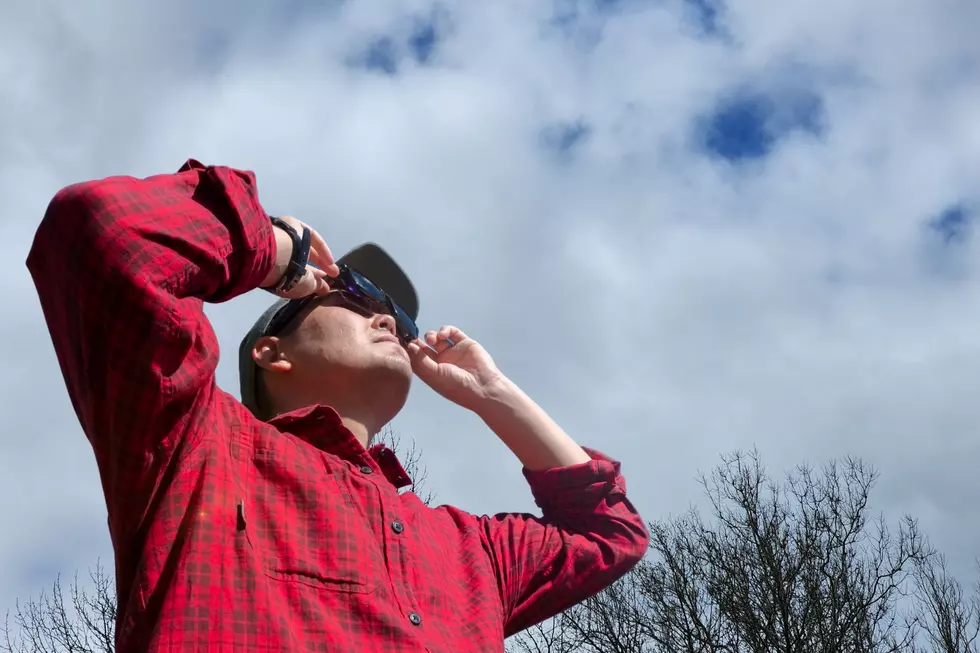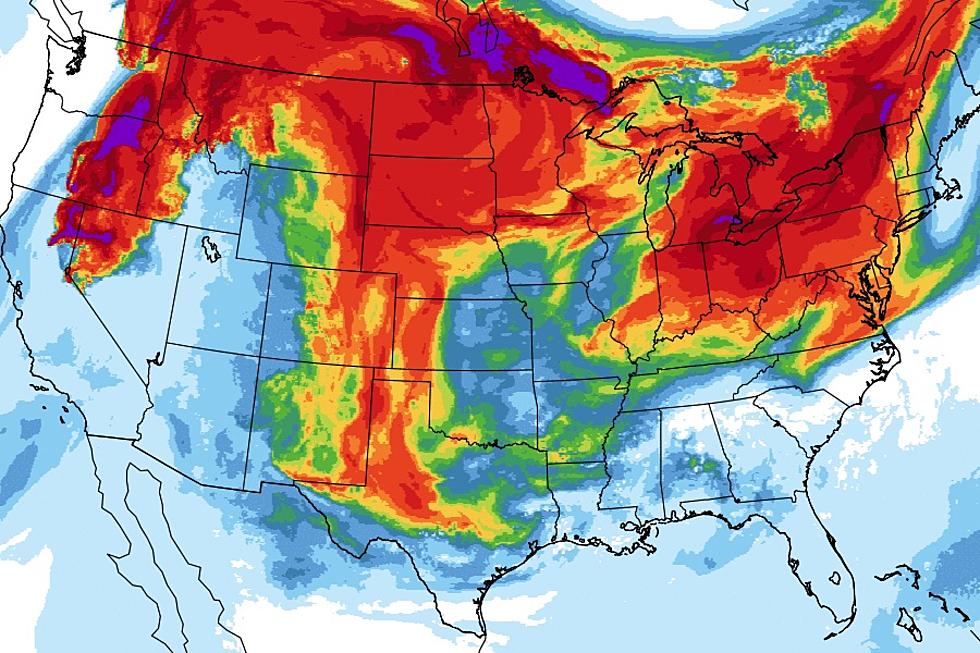
Milky, hazy sun over NJ? That’s smoke from wildfires 2,000+ miles away
It seems every year, a portion of the western United States ignites with a massive wildfire. And it seems every year, that smoke inevitably creeps across the country, into New Jersey's atmosphere.
In fact, we posted about it in September 2020 and November 2018.
A series of fires continues to burn across Oregon and Washington. The largest of which has been dubbed the Bootleg Fire, which the Associated Press reports has burned 476 square miles in the Fremont-Winema National Forest southeast of Portland, Oregon.
Just to give you a sense of scale, that one wildfire is approximately the size of Monmouth County, New Jersey. Millions of acres have been scorched.
Smoke is dirty business. As particulates from wildfire smoke are driven into the upper atmosphere, they meet the "river of wind" known as the jet stream.
Although the western fires have been burning for at least two weeks, there has been little to no effect here so far. However, a particularly dense area of smoke is forecast to pass over New Jersey in the coming days.
Here are some things to know about the impending smoke invasion:
1.) The sun will probably look "weird," with a milky, smoky, washed-out appearance at times. (Our weather will be hot for both Tuesday and Wednesday, so expect it to be extra-hazy.)
2.) The smoke will dramatically enhance the reds, oranges, and yellows of sunrise and sunset. (Get your camera ready!)
3.) You will not smell any smoke. It will be about 6 miles overhead.
4.) There should not be any ground-level visibility issues.
5.) Worst-case scenario, increased levels of ground-level pollution could spark air quality alerts. Those sensitive to poor air quality, including the very young, the very old, and those with heart and lung diseases, might consider limiting time outdoors during the hottest part of the day.
Dan Zarrow is Chief Meteorologist for Townsquare Media New Jersey. He even took an entire class in college on smoke plumes. Follow him on Facebook or Twitter for the latest forecast and realtime weather updates.
Smoke from West Coast Wildfires Reaches New Jersey (2020)
11 celebrities you forgot were from New Jersey
More From New Jersey 101.5 FM
